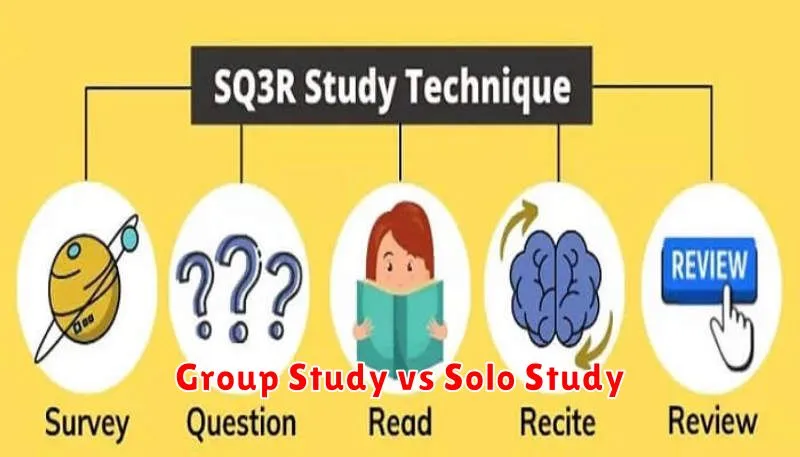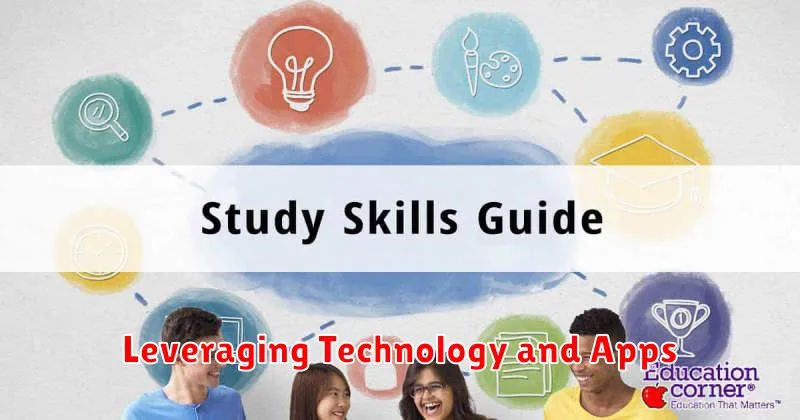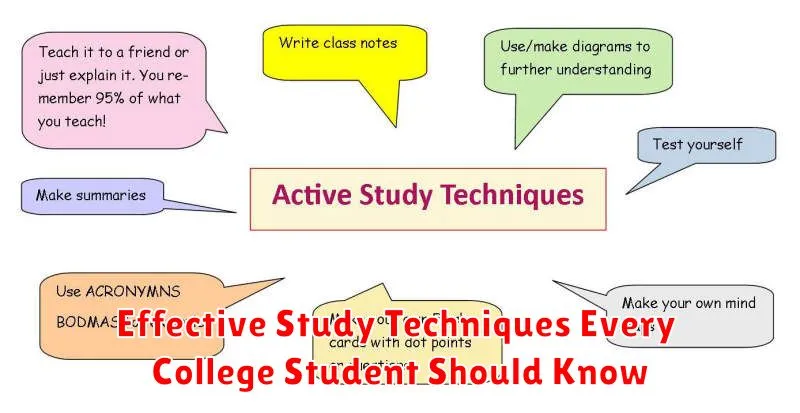College life presents a unique set of academic challenges. Successfully navigating these challenges requires more than just attending classes and completing assignments. Effective study techniques are essential for achieving academic success and maximizing your learning potential. This article will explore proven study techniques that every college student should know, empowering you to improve your grades, reduce stress, and master complex subjects. From time management and active recall to note-taking strategies and effective test preparation, we will delve into the key components of a successful study plan. Whether you’re a freshman struggling to adapt or a senior seeking to refine your skills, understanding and applying these techniques can make a significant difference in your academic performance.
Mastering effective study habits is an investment in your future. By implementing the study techniques outlined in this article, college students can transform their approach to learning. These techniques will enable you to not only achieve higher grades but also develop critical thinking skills, improve information retention, and cultivate a deeper understanding of the subject matter. This guide is designed to equip every college student with the tools they need to excel academically and unlock their full potential. Join us as we explore the most effective study techniques, tailored specifically for the demands of college life.
Understanding Different Learning Styles
Learning styles describe how individuals best absorb and process information. Recognizing your dominant learning style can significantly improve your study efficiency. Broadly, learning styles are categorized into four types: visual, auditory, kinesthetic, and reading/writing.
Visual learners thrive with diagrams, charts, and other visual aids. Auditory learners prefer lectures, discussions, and recordings. Kinesthetic learners benefit from hands-on activities and real-world applications. Reading/writing learners excel through note-taking and written explanations.
Organizing Notes and Materials
Effective organization is crucial for successful studying. A well-organized system saves time and reduces stress.
Choose a method that suits your learning style. Some popular options include using a binder with dividers, creating digital folders, or utilizing note-taking apps.
Consistently organize your notes and materials after each class. This prevents a backlog and keeps everything easily accessible for review.
Using Active Recall and Spaced Repetition
Active recall involves retrieving information from memory without cues. This strengthens memory pathways more effectively than simply rereading. Test yourself frequently using practice questions, flashcards, or by summarizing concepts from memory.
Spaced repetition complements active recall by strategically timing reviews. Review material shortly after learning, then at increasingly longer intervals. This combats the forgetting curve and promotes long-term retention.
Group Study vs Solo Study

Choosing between group study and solo study depends on individual learning preferences and the specific study material. Group study fosters collaboration and allows for diverse perspectives, helpful for brainstorming and complex problem-solving. It can also improve motivation and accountability.
Solo study, on the other hand, offers focused attention and minimized distractions. It allows students to learn at their own pace and personalize their study methods. It’s often more effective for memorization and deep understanding of individual concepts.
Creating the Right Study Environment
A productive study environment is crucial for effective learning. Minimize distractions by finding a quiet space, whether it’s a library, dedicated study room, or even a quiet corner in your home.
Organization is key. Keep your study materials neatly arranged and easily accessible. A clutter-free space promotes a clutter-free mind.
Consider the lighting and temperature. Good lighting reduces eye strain, while a comfortable temperature helps you stay focused.
Finally, personalize your space to make it conducive to learning. This might include inspiring quotes, calming scents, or a comfortable chair. A personalized space can boost your motivation and focus.
Leveraging Technology and Apps

Technology offers powerful tools to enhance study habits. Organization is key, and apps like note-taking software (Evernote, OneNote) can keep materials centralized and searchable.
Time management apps (Forest, Todoist) facilitate focused study sessions. Flashcards apps (Anki, Quizlet) reinforce learning and aid memorization.
Avoiding Last-Minute Cramming
Cramming is often ineffective for long-term retention. While it might seem like a solution for immediate assessments, the information is rarely retained beyond the test. Spaced repetition and active recall are far superior strategies.
Plan your study schedule in advance. Allocate sufficient time for each subject, allowing for breaks and review. This approach reduces stress and promotes a deeper understanding of the material.

